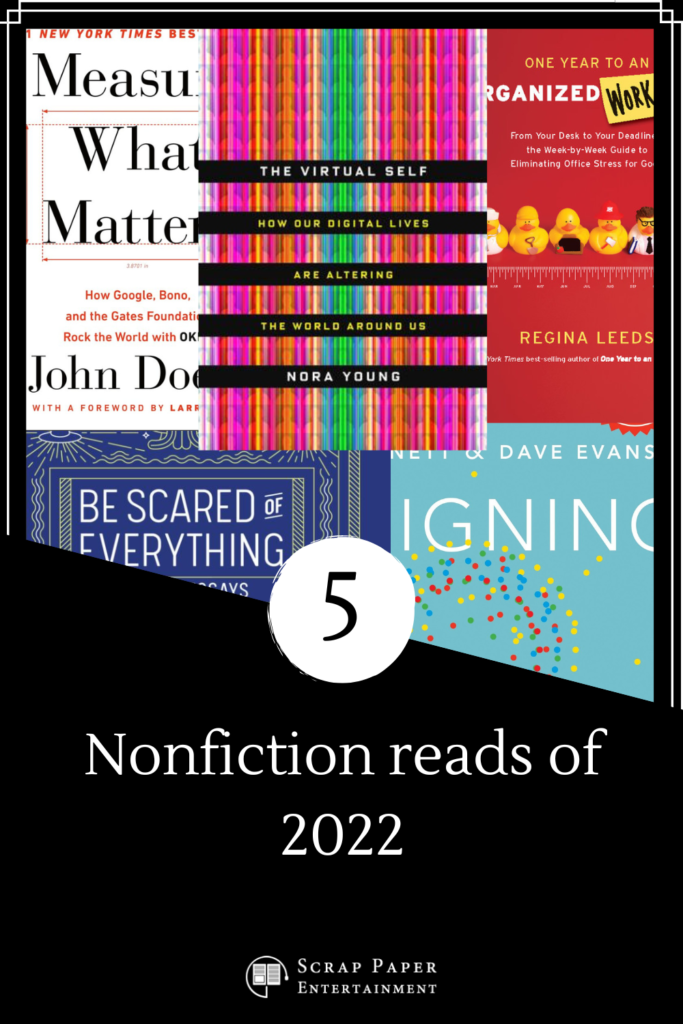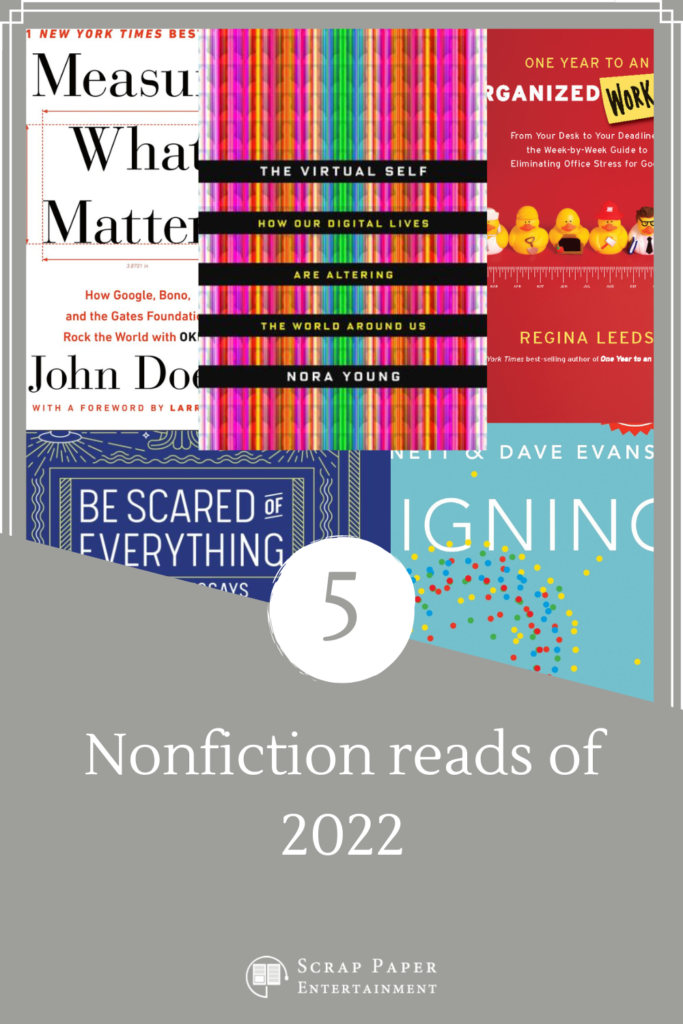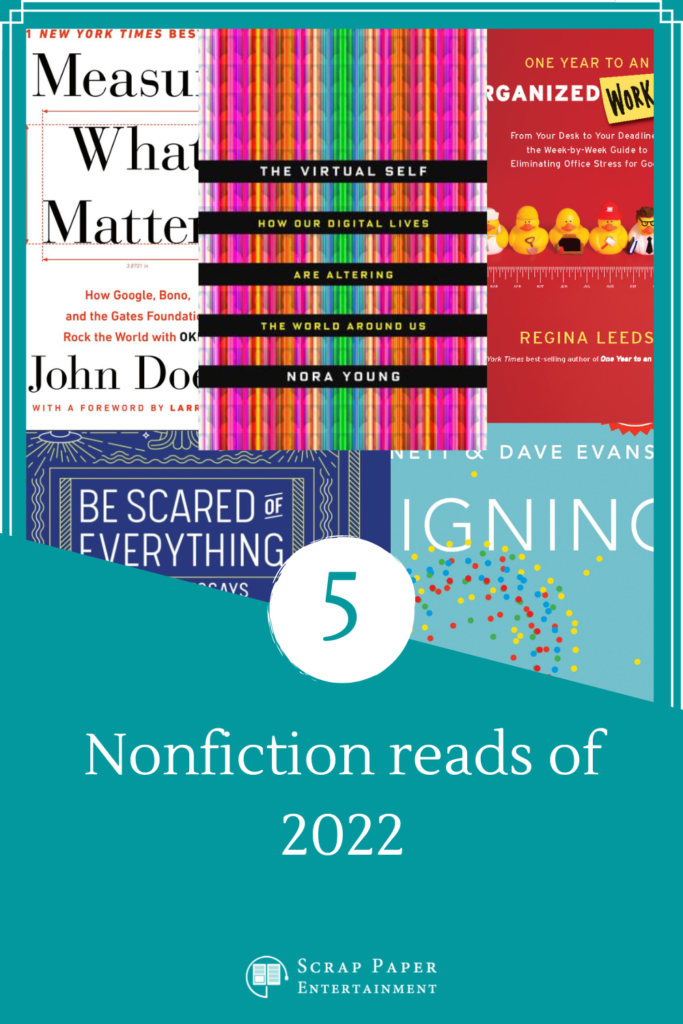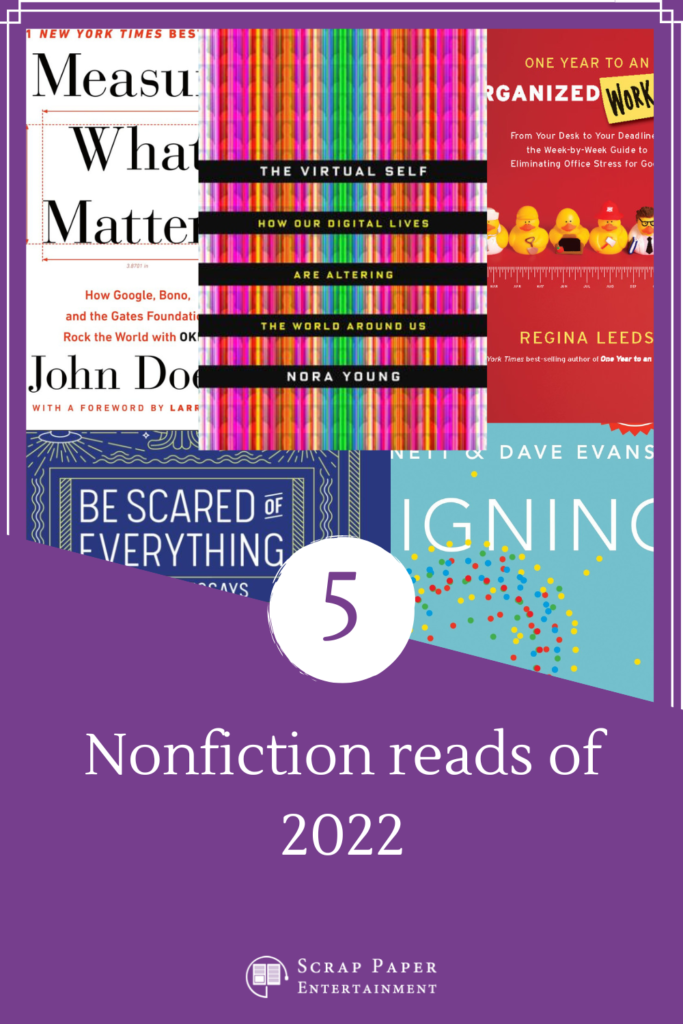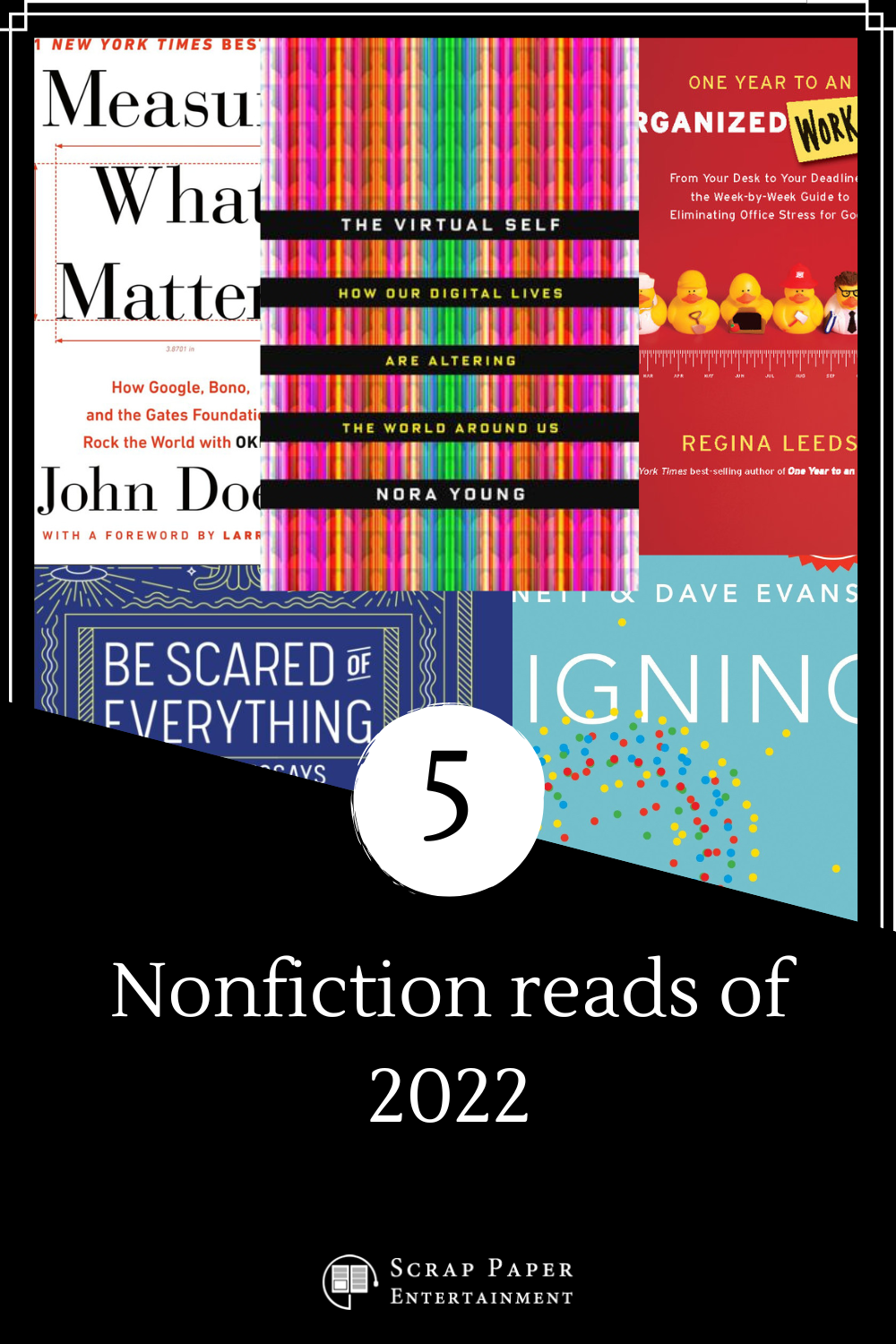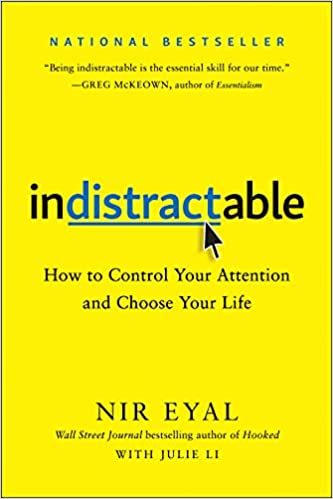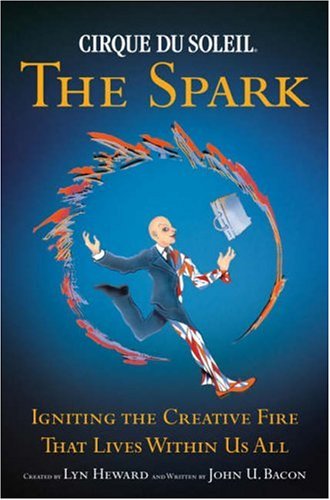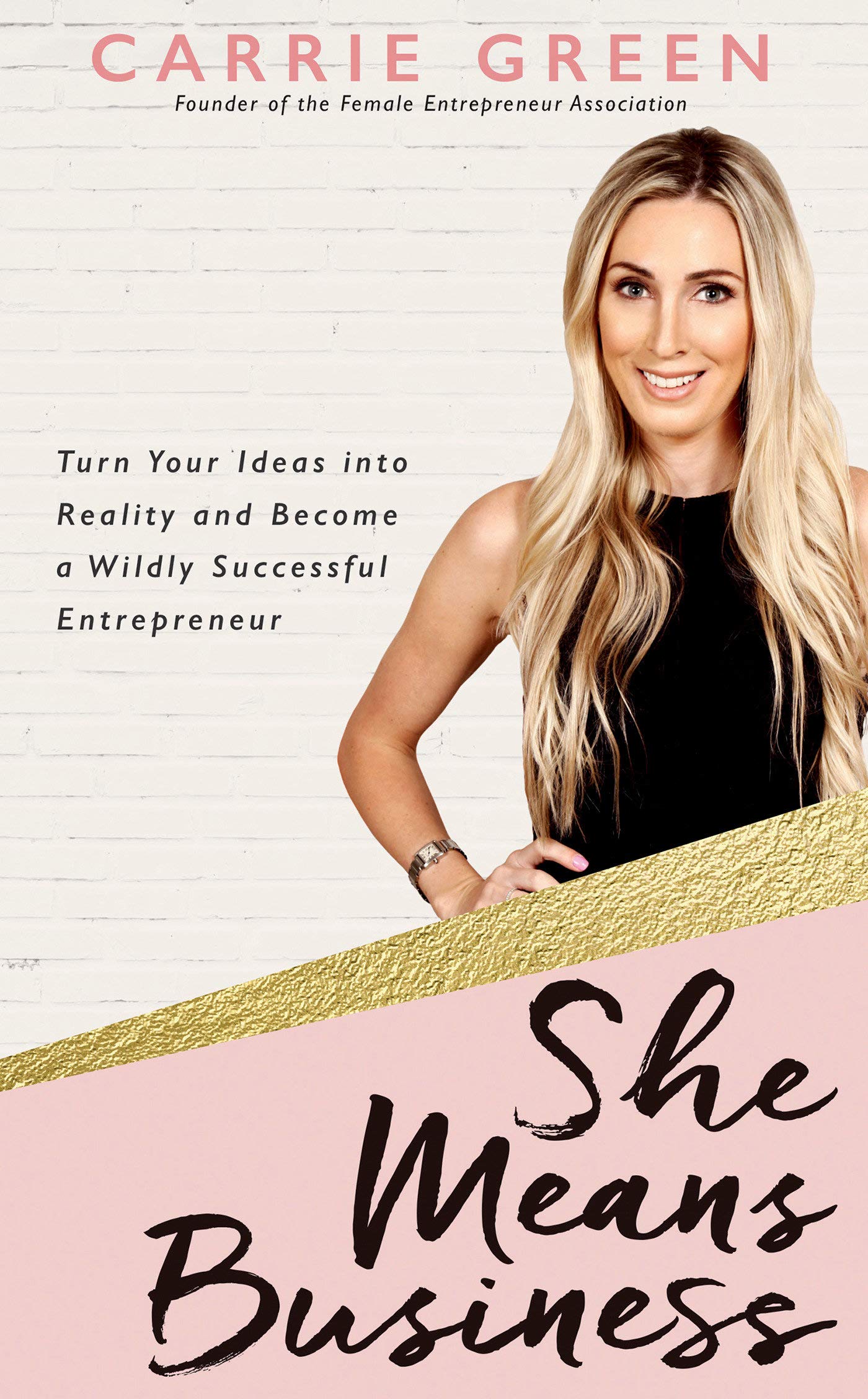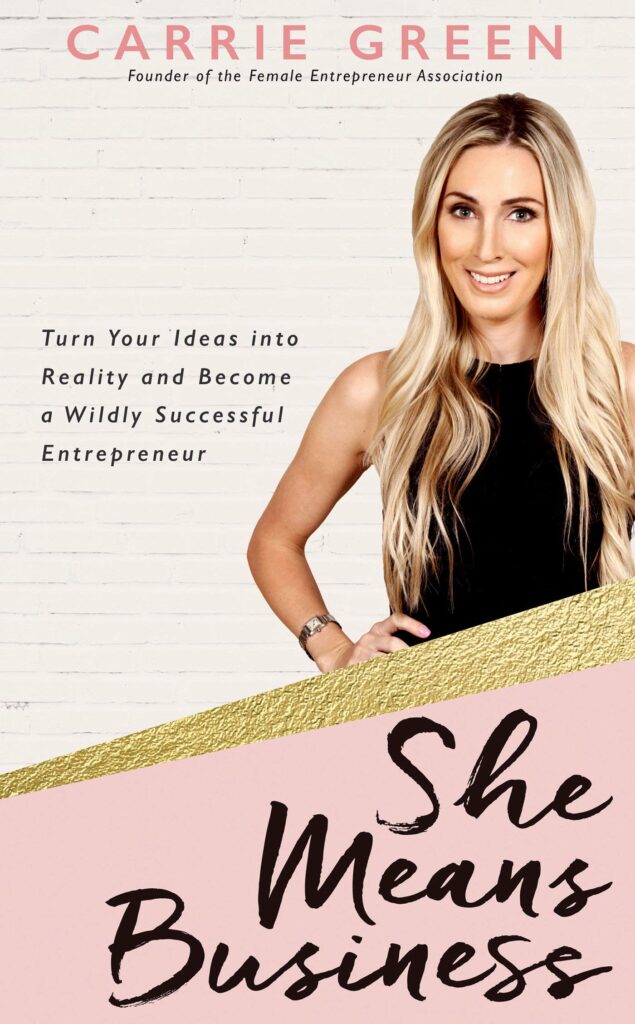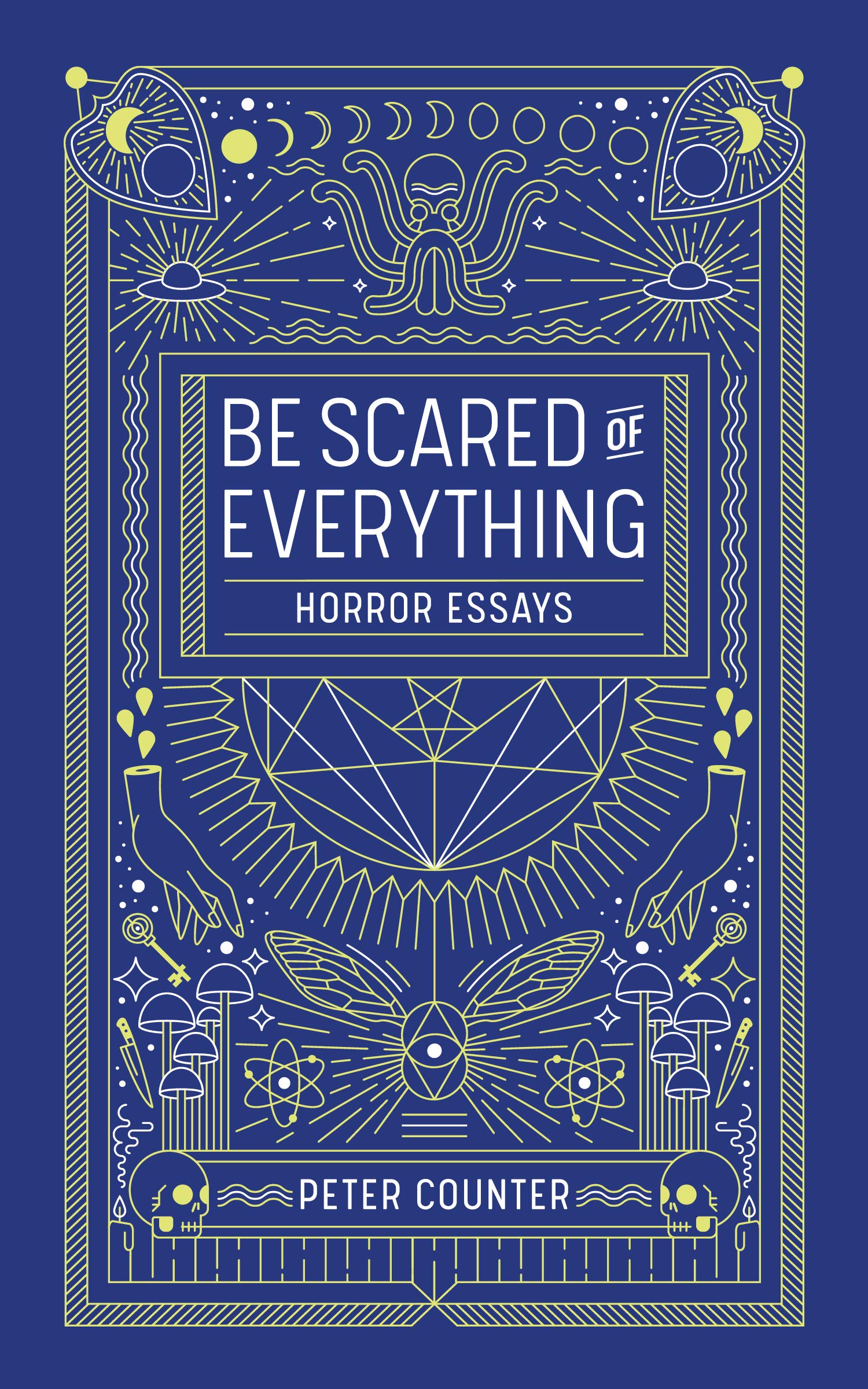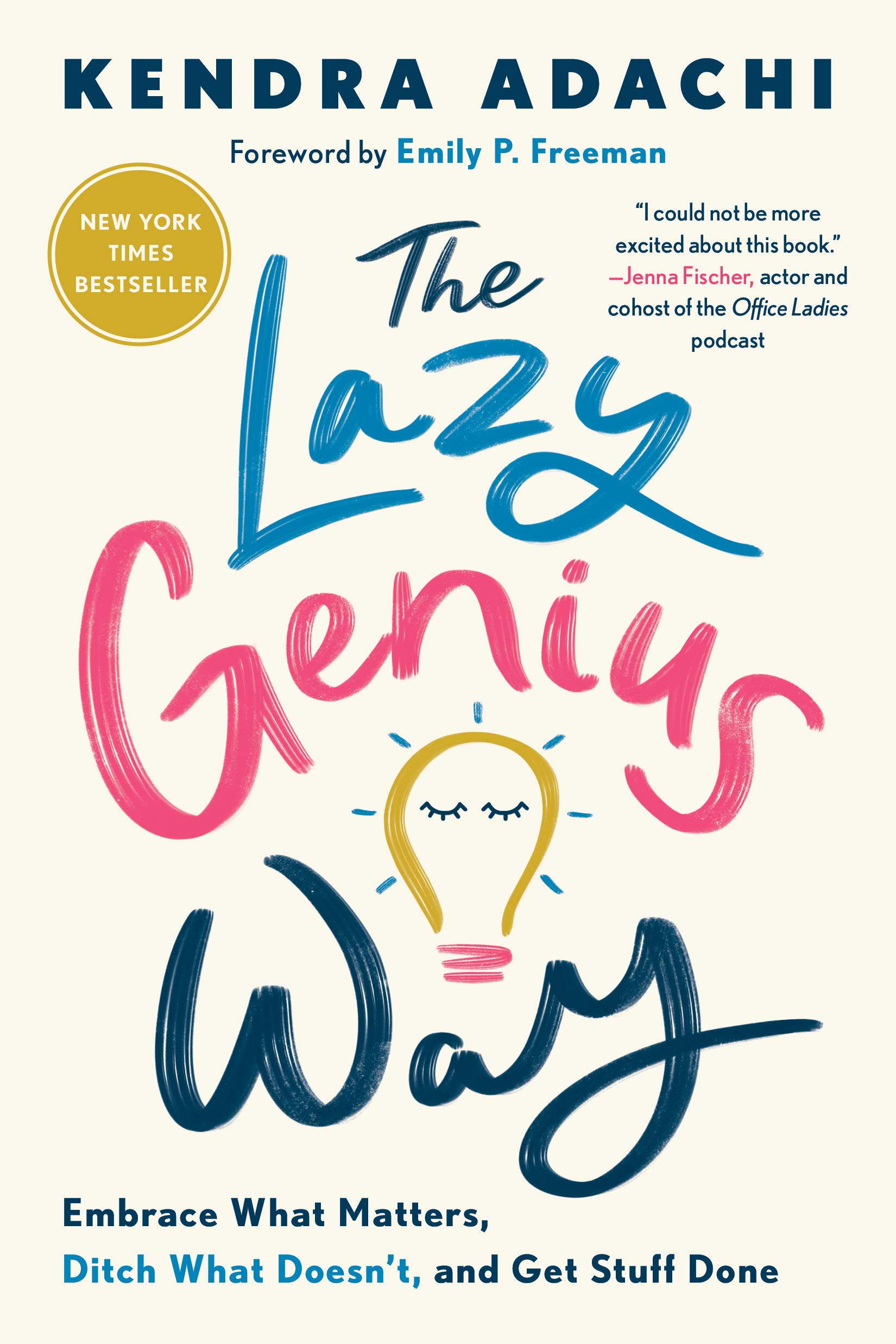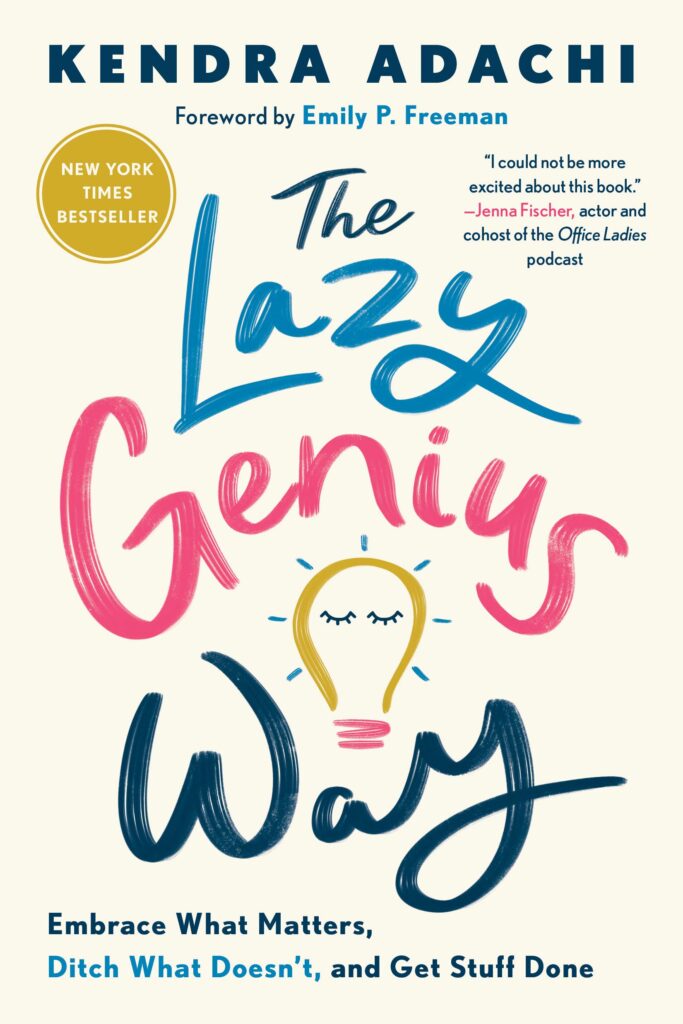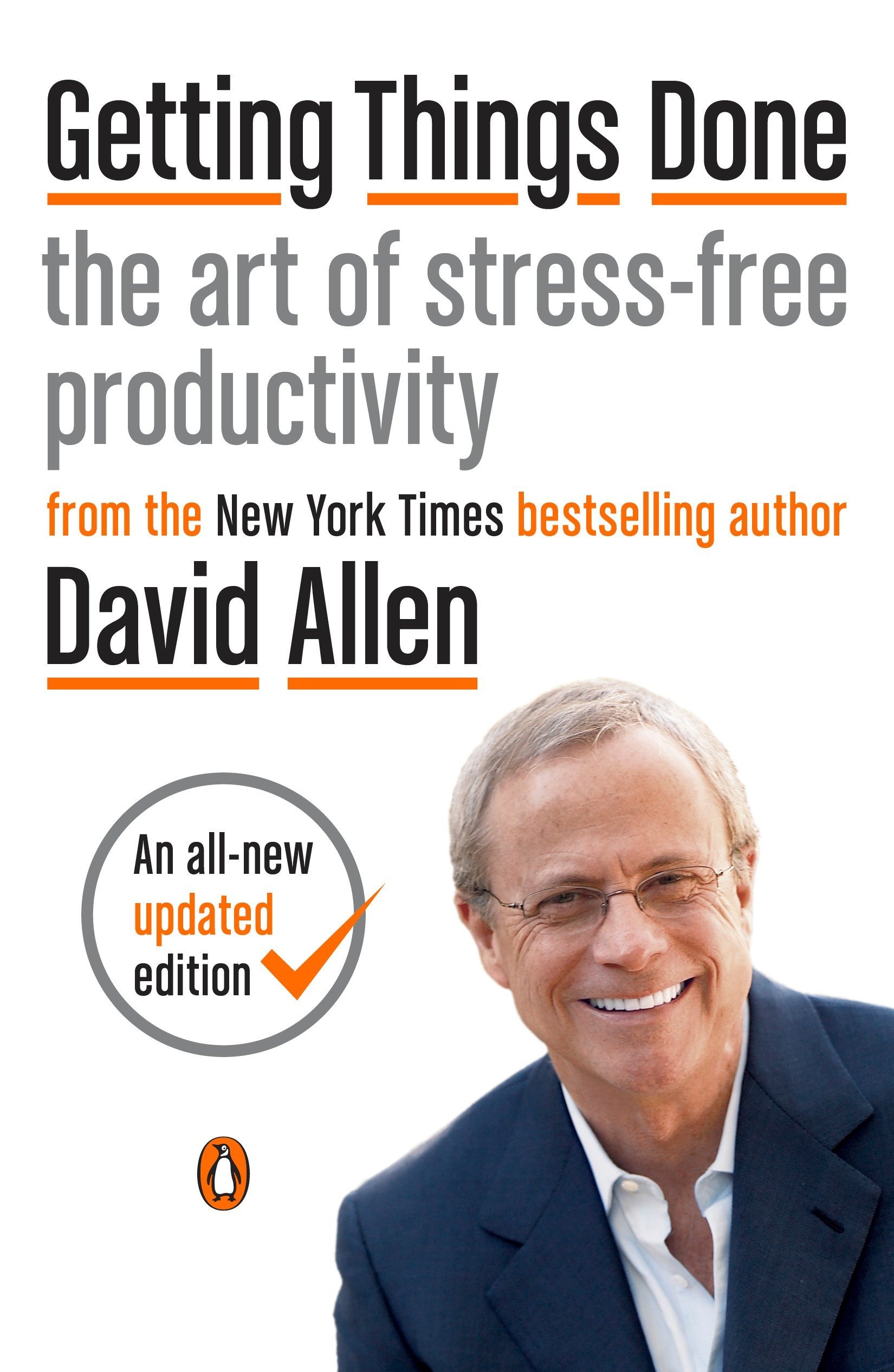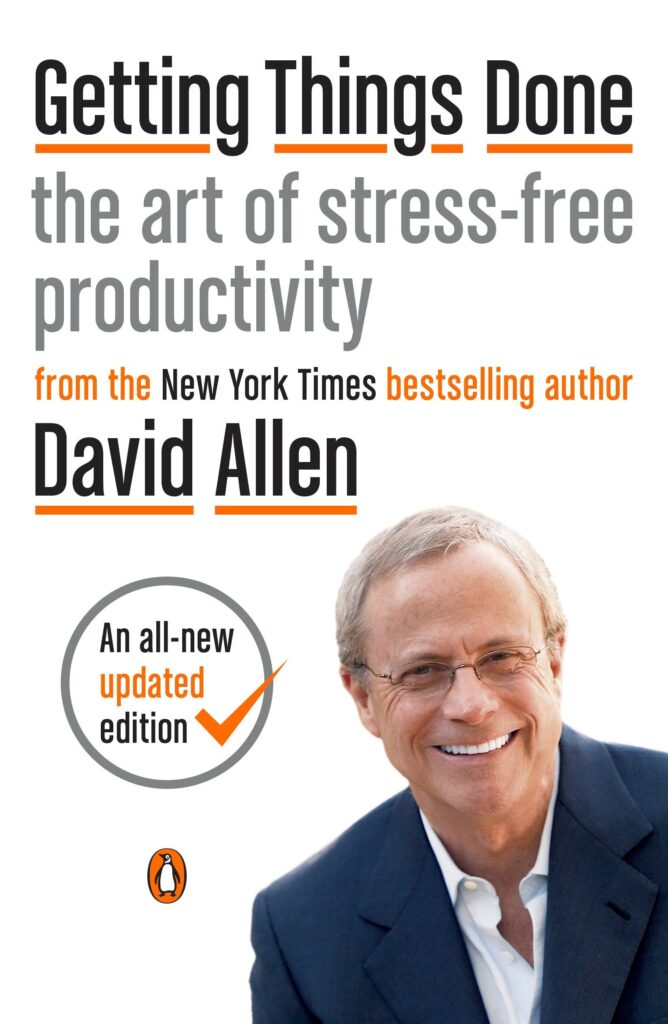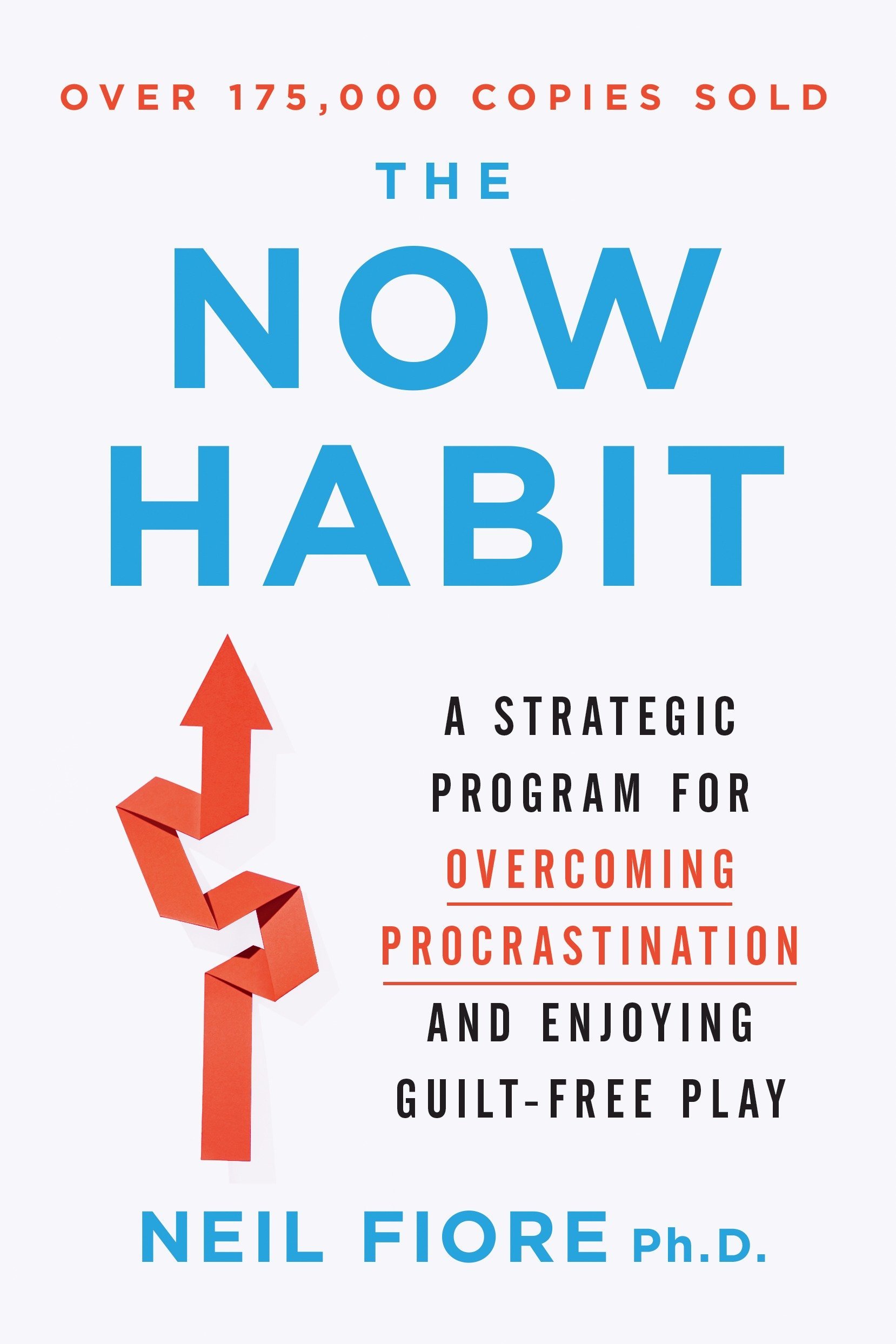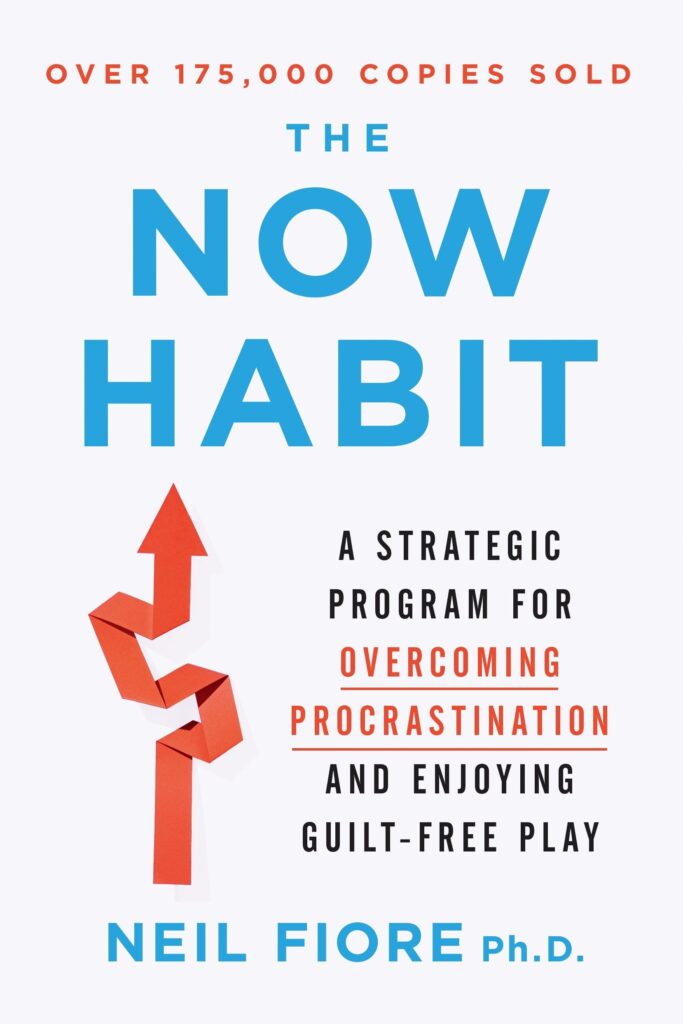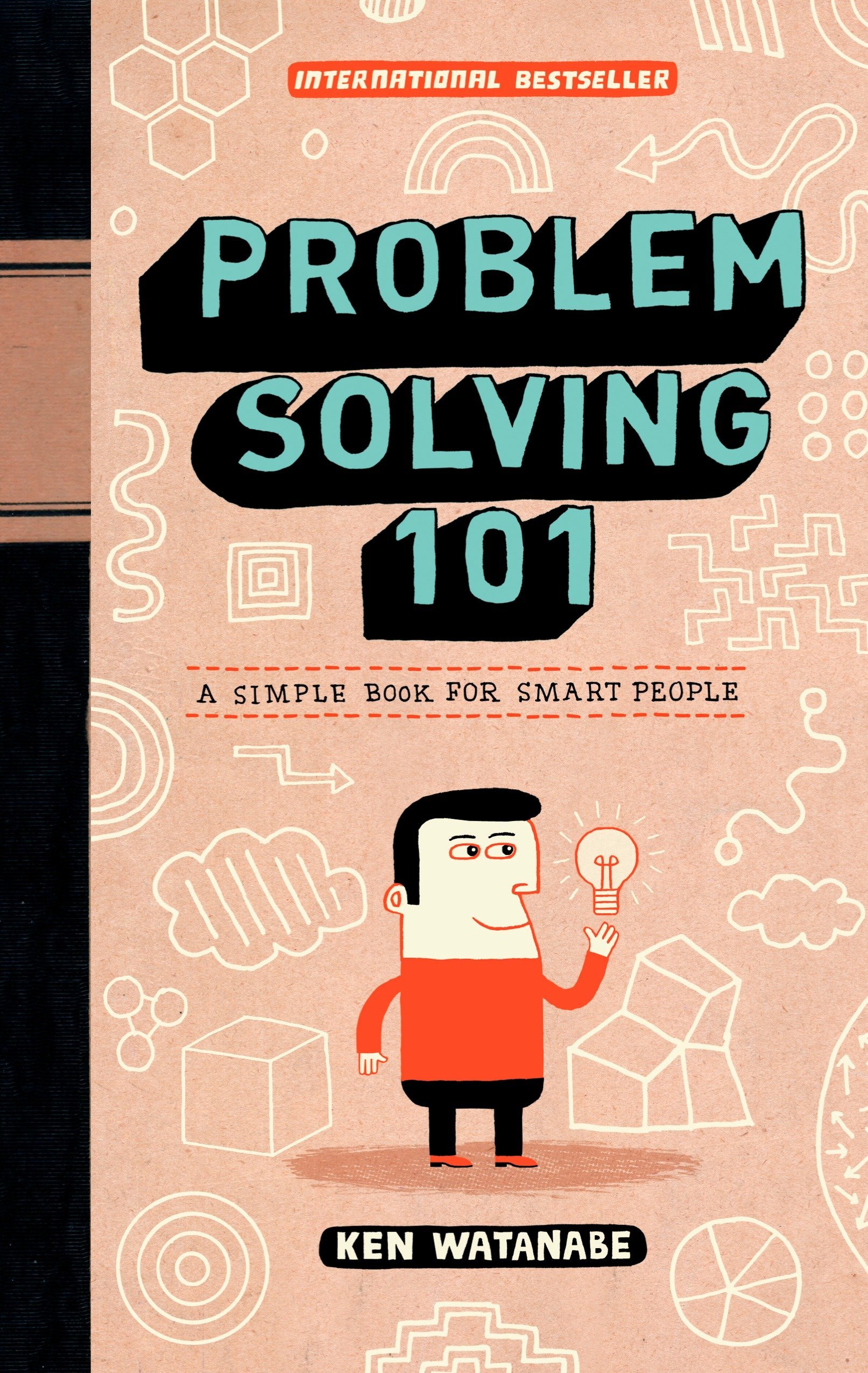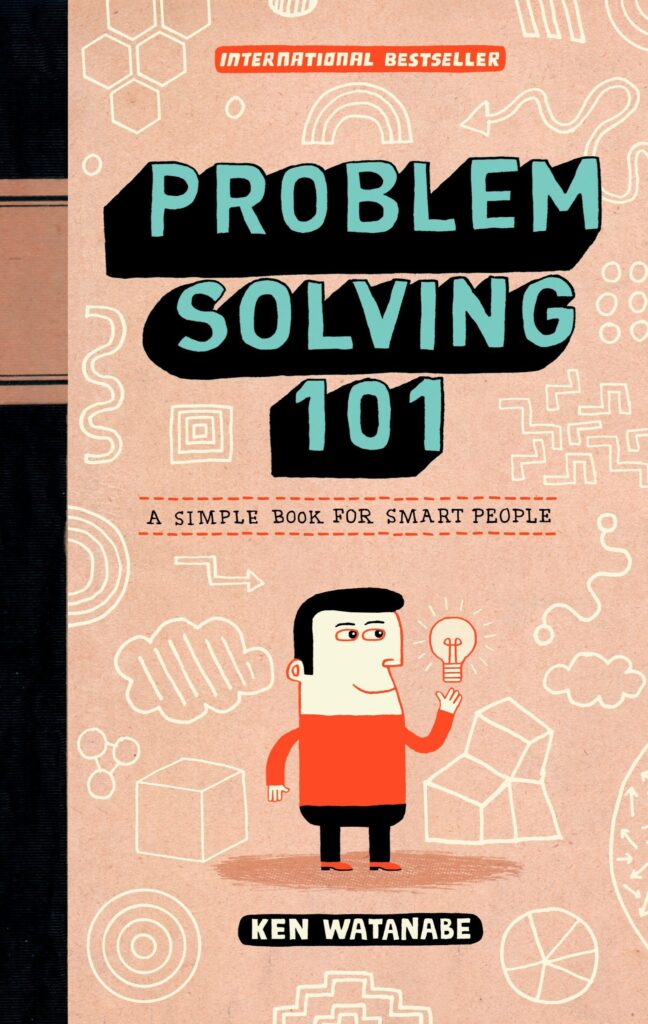This was a big year of me reading nonfiction, particularly in the latter half of the year. With my whole life going to absolute hell this year, finding some advice to create structure was something that I ended up gravitating to. Also, nonfiction was a lot easier on the brain than fiction as I was recovering.
Here are the top 5 nonfiction books I read this year! These may not be the best for everyone, but these are the ones that stuck with me the most and the ones that I could find myself recommending to others.
Be Scared of Everything
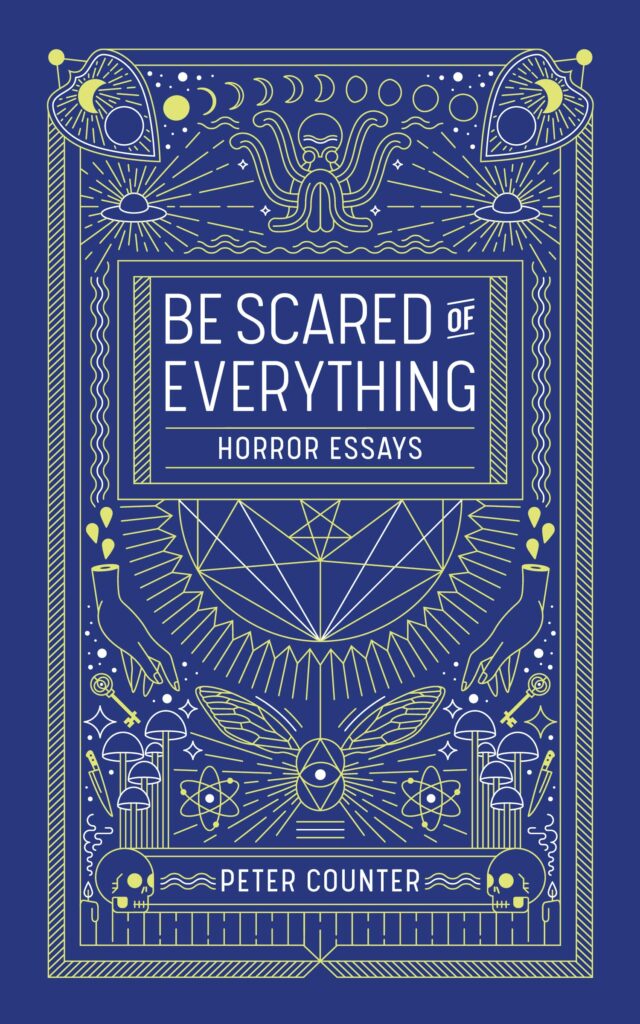
I don’t read many essay collections, mostly because I don’t understand why these exist. But I finally gave one of them a chance and was pretty entertained by some of the winding thoughts that came out of this! It’s a new format for me, and one that I’m actually pretty intrigued by. I will probably pick this one up again, but I’m feeling like I might give others essay collections a shot just to see what else might be out there.
One Year to an Organized Work Life review
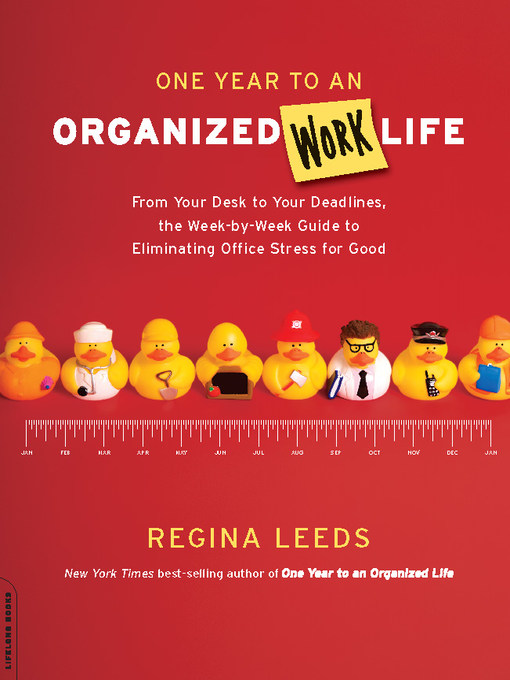
Of all of the organize your life books I read this year, this was probably the best. Most of the advice in these books is pretty repetitive, but this one gathered most of the concepts together and put them into a very clear, structured plan. Not a quick fix, but a year long, week by week slow process that you can follow and adapt into your life in a manageable, more long term way.
Designing your Life
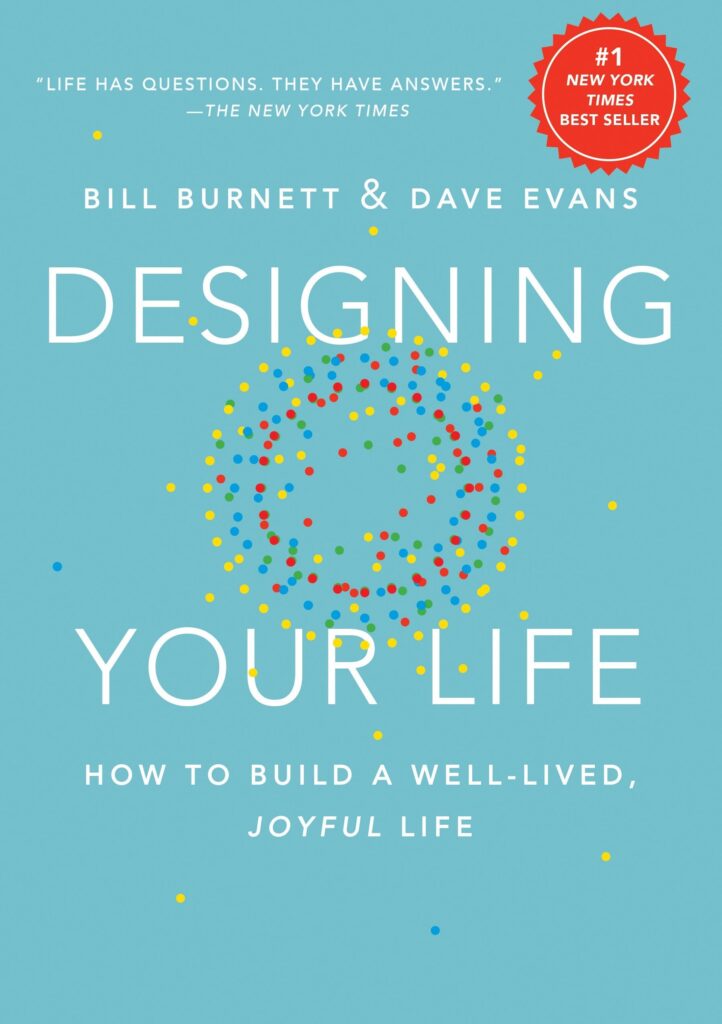
This book was probably the one that impacted me the most this year. Not because I followed what it said, but because it was the framing device I think I’ve been looking for in all the self help books. It was a framework to build methodologies off of to figure out how I could approach my own journey, and for that it was probably the best thing I read this year.
Measure What Matters
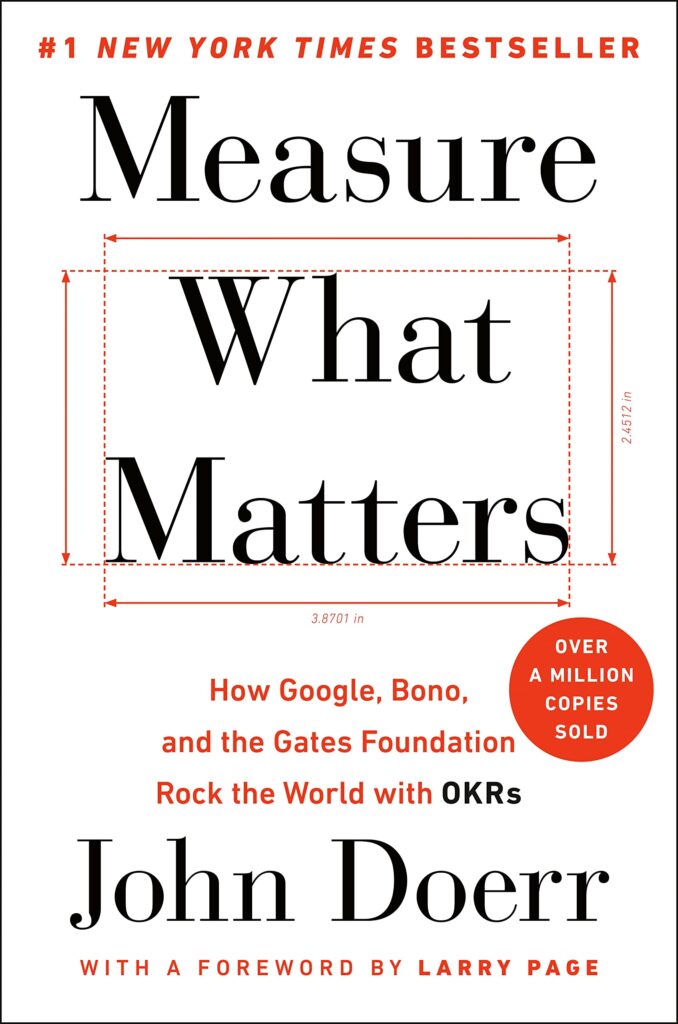
I didn’t read as many business-specific books this year, but this one was delightfully practical. I did just read it so that I could throw it at coworkers instead of having to sit down and explain this concept over and over again, and I am pleased to say that I fully intend to now throw this book at just about everyone who asks me about metrics and analytics so they can get a base understanding.
The Virtual Self
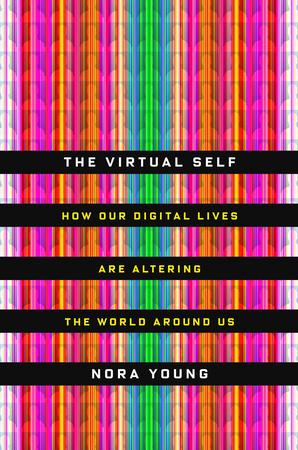
As someone who is now tracking far too much of their personal life in spreadsheets and other digital formats, this was a pretty interesting look at some of the other motivations and uses of tracking. I am not necessarily up for sharing private data about my recovery publicly, but it is good to hear accounts of how that level of transparency can be used for good rather than just advertising and varying degrees of evil.
